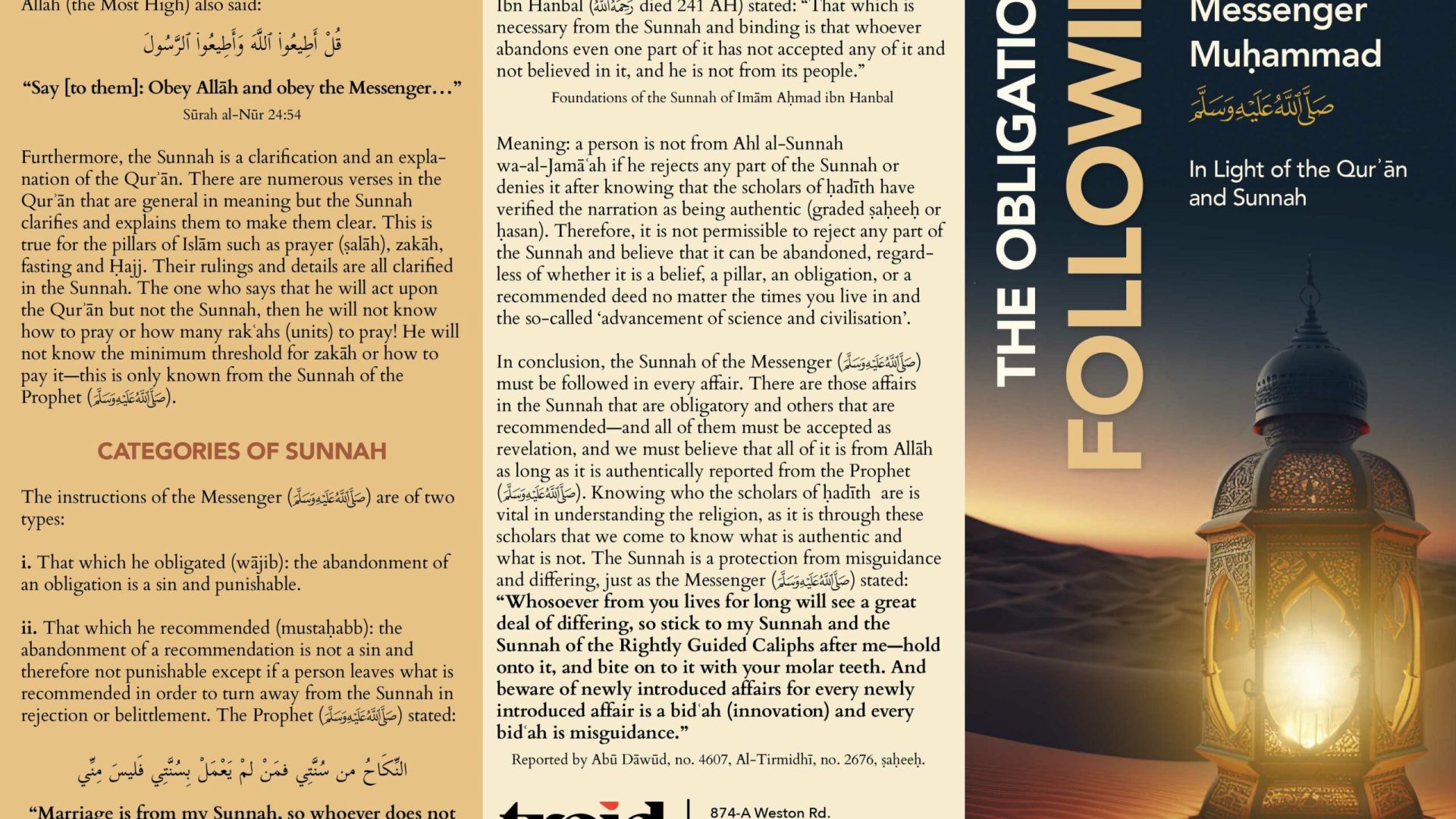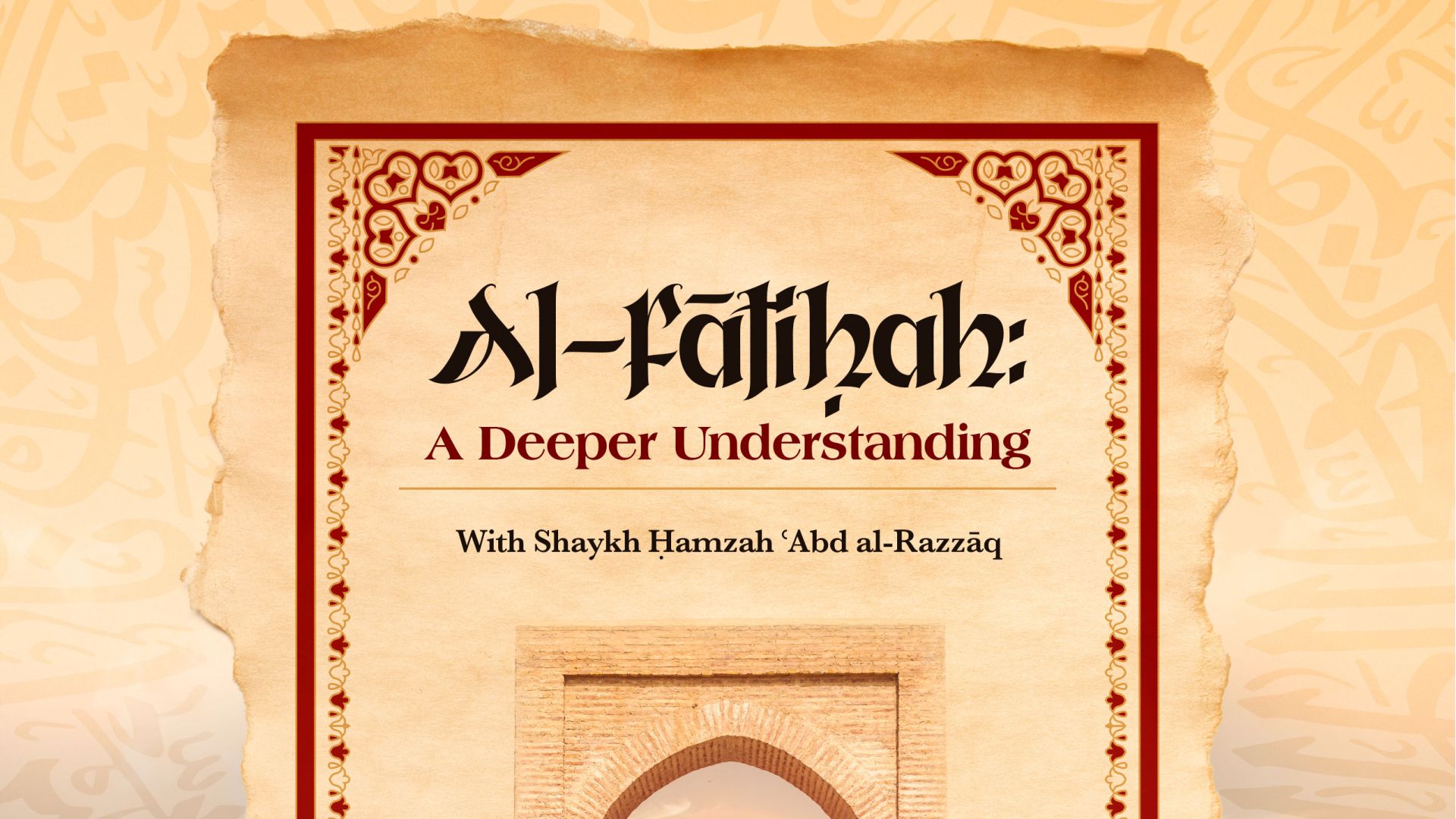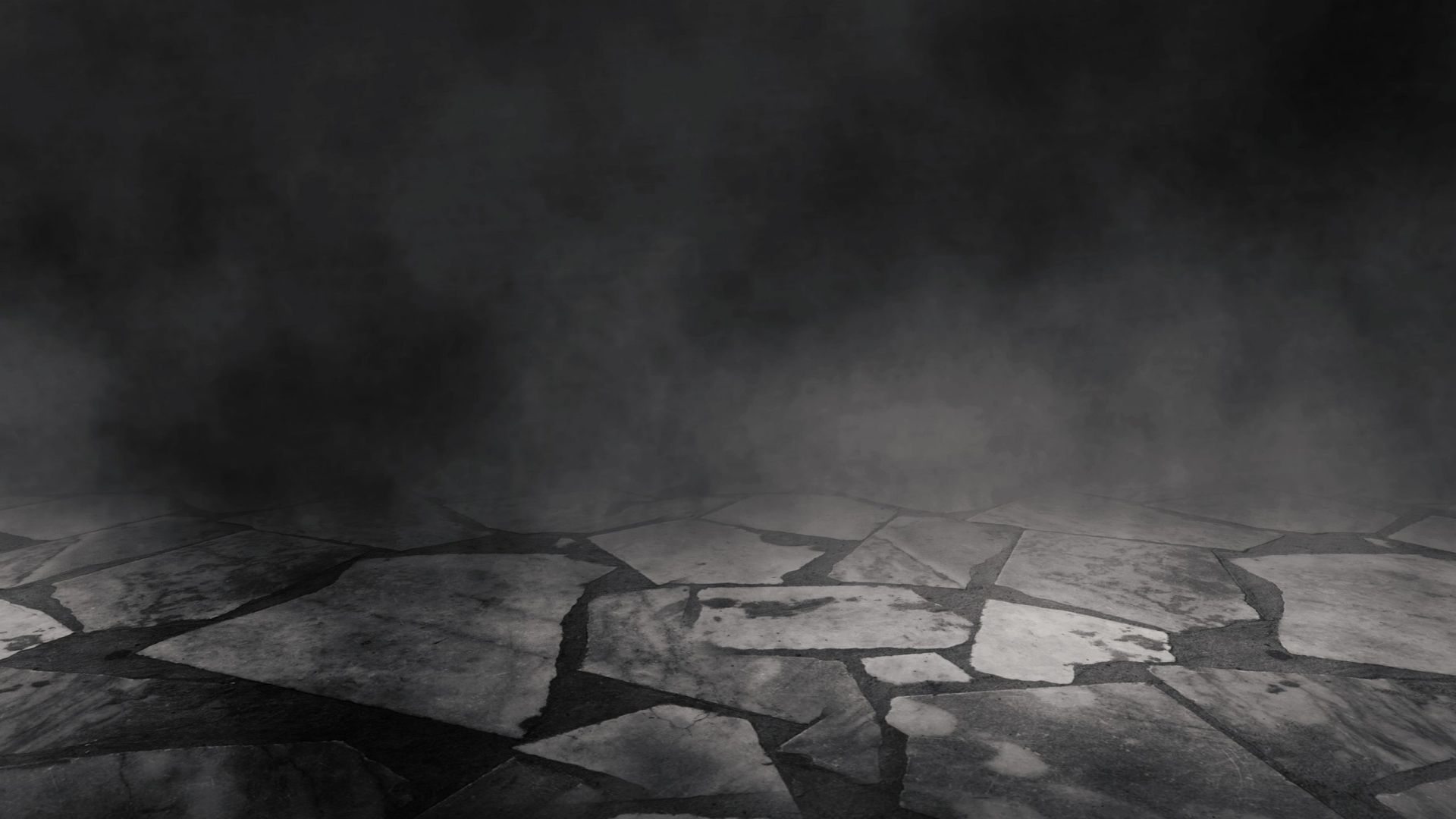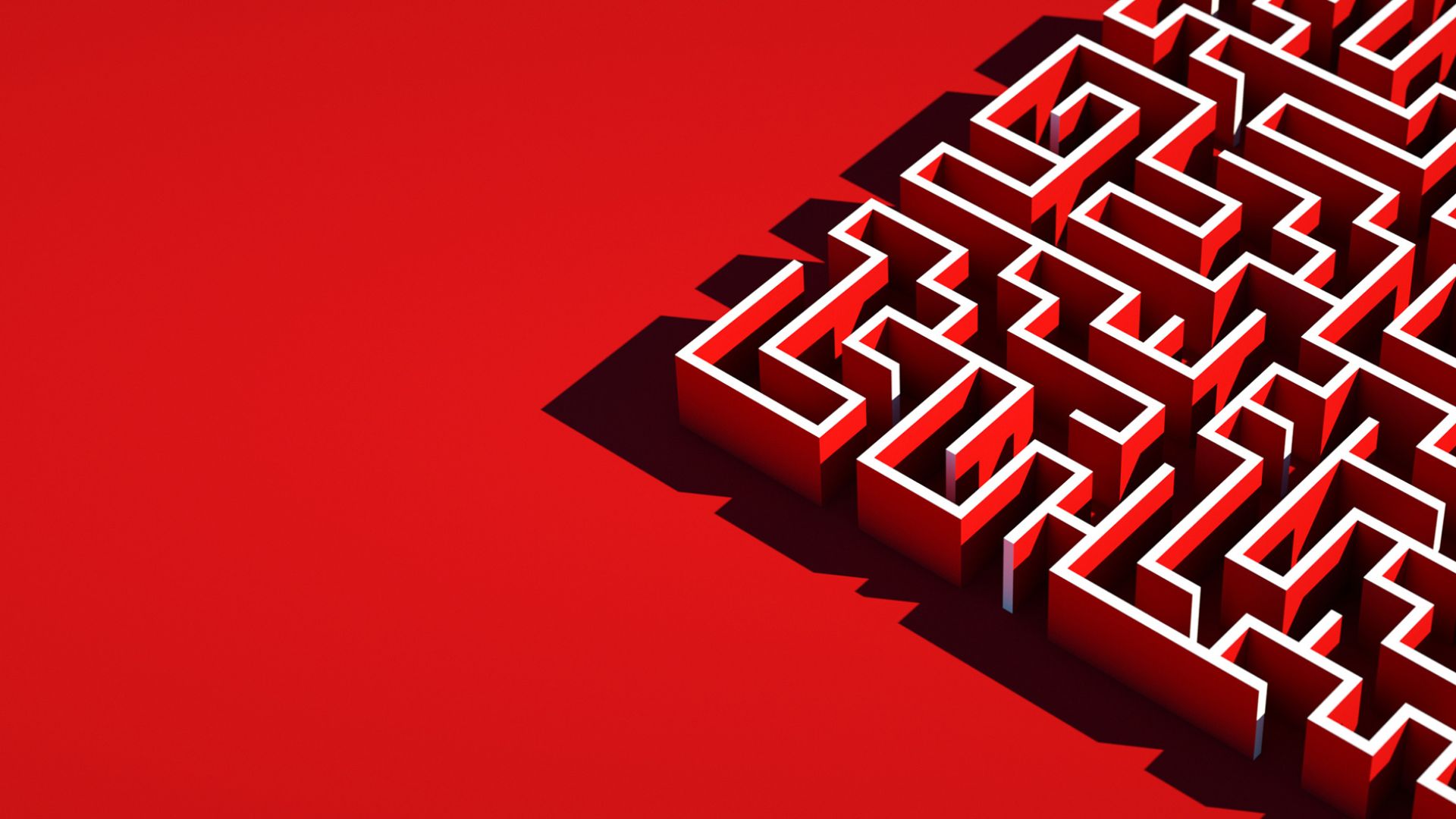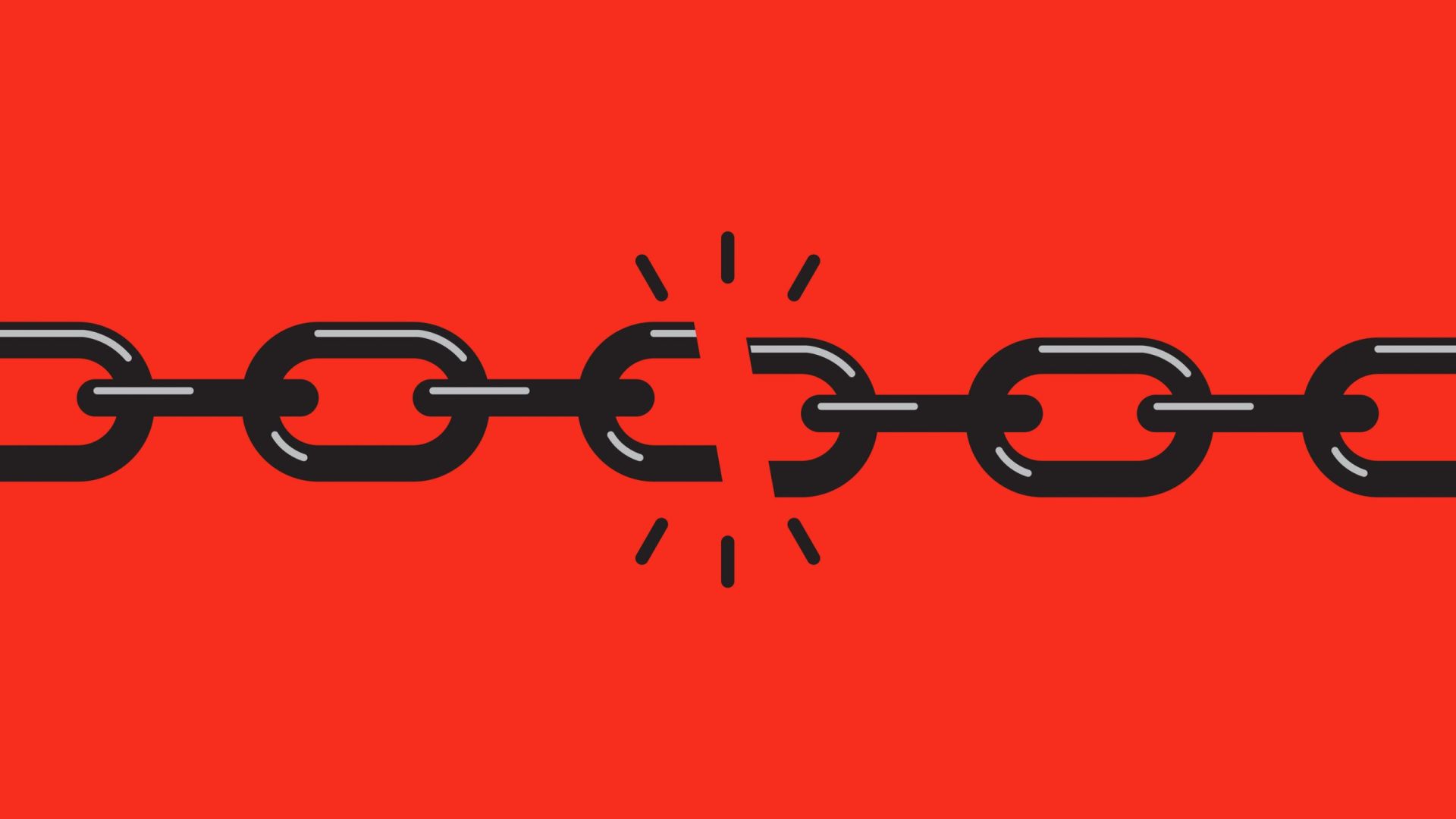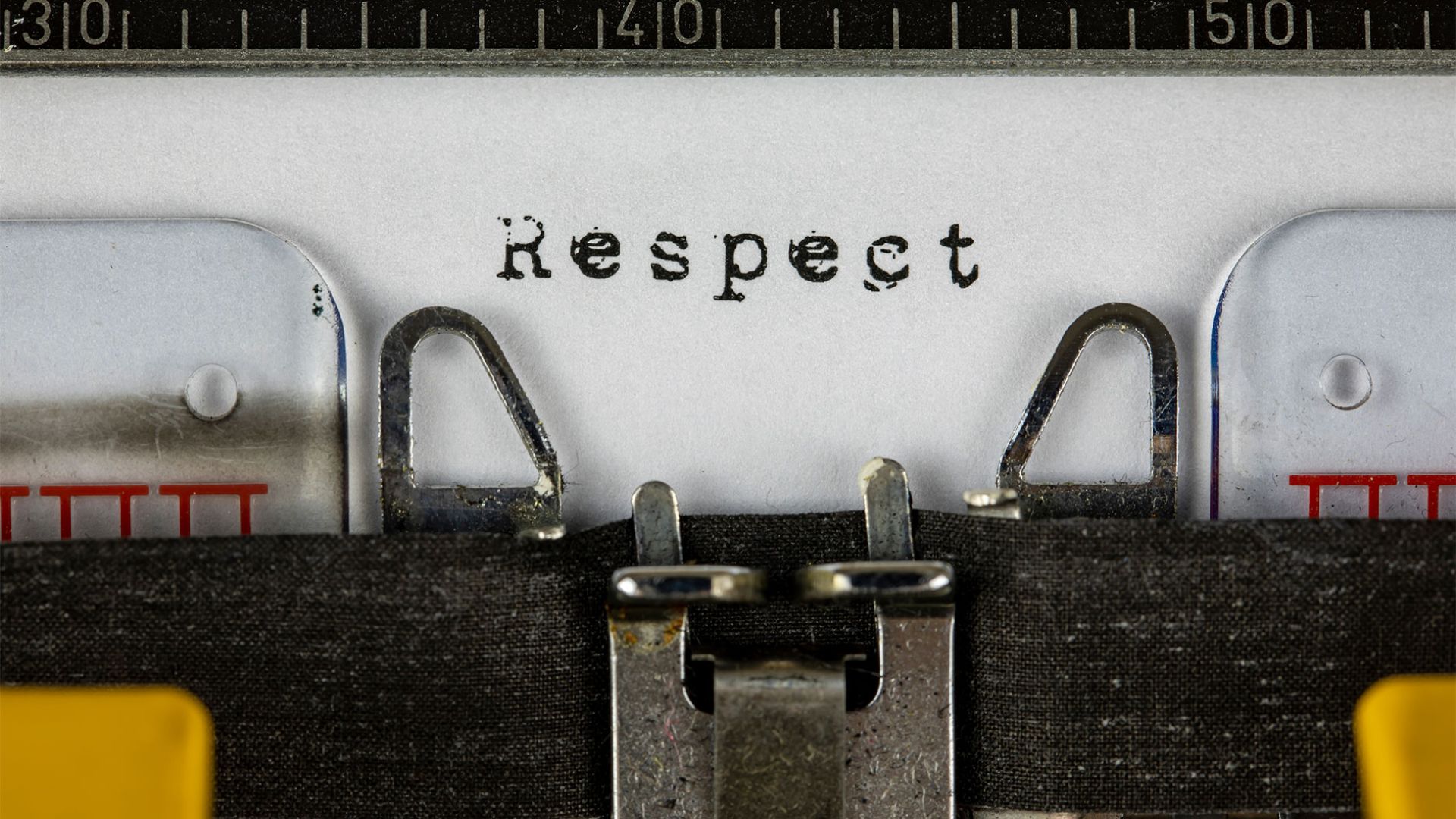Tag: In Defence of Ahl al-Sunnah
43 Tagged Items
- All
- Abū Anas Ḥamād al-ʿUthmān
- Abū Khadījah
- Abū Muḥammad al-Maghribī
- Abū Uways
- Abū Wāʾil Musa Shaleem
- Abū al-Ḥasan Mālik
- Abū al-Ḥasan Mālik Ādam
- Abū ʿIyāḍ
- Abū Ḥakīm
- Ahl al-Bidʿah
- Ahl al-Sunnah
- Al-Albānī
- Al-Jarḥ wa-al-Taʾdīl
- Al-Saʿdī
- Articles
- Audios
- Aḥmad ibn Ḥanbal
- Cards
- Companionship
- Daniel Haqiqatjou
- Fitnah
- Humility
- Ibn Bāz
- Ibn Rajab al-Ḥanbalī
- Ibn Taymiyyah
- Ibn al-Qayyim
- Imāms of the Sunnah
- In Defence of Ahl al-Sunnah
- Jameel Finch
- Khawārij
- Letter Size
- Life
- Maaz Qureshi
- Manhaj
- Manners
- Methodology
- Munīb al-Ṣumālī
- Muqbil ibn Hādī al-Wādiʿī
- Muḥammad Amān al-Jāmī
- Muḥammad Shākir
- Muḥammad ibn Ibrāhīm Āl al-Shaykh
- Muḥammad ibn ʿAbd al-Wahhāb al-Banná
- Muḥammad ibn Ṣāliḥ al-ʿUthaymīn
- Muḥammad ʿAlī Farkūs
- Muṣṭafá George
- Mūsá Richardson
- Naṣiḥah
- Poem
- Rabīʿ al-Madkhalī
- Refutation
- Refutation and Warning
- Refutations
- Riyāḍ al-Kanadī
- Salafī Publications
- Scholars
- Shamsi
- Shaykhs and Students of Knowledge
- The Science of Praise & Criticism
- Videos
- Wisdom
- al-Barbahārī
- al-Salafiyyah
- knowledge
- leaflets
- troid org
- ʿAbdulillāh Lahmāmī
- ʿUbayd al-Jābirī
- Ḥadīth
- Ḥamzah ʿAbd al-Razzāq
- Ḥasan al-Ṣumālī
- Ḥasan ibn ʿAbd al-Wahhāb al-Banná
- Ḥizbiyyah
- Ṣaliḥ al-Fawzān
Do Not Trust the Opinions of Those Youth Who Isol…
Al-ʿAllāmah Ḥasan ibn ʿAbd al-Wahhāb al…
The Obligation of Following the Sunnah of the Pro…
Shaykh Abū Khadījah
The Elevated Status of the Scholars
Imām ʿAbd al-Raḥmān ibn Nāṣir al-Saʿdī
Refuting the Claim that the Categorical Terms Use…
Imām Muḥammad ibn Ṣāliḥ al-ʿUthaymīn
Concerning the Claim: I am Salafi but I Do Not Li…
Shaykh Abū al-Ḥasan Mālik Ādam
Where Did the Term “Jāmiyyah” Come From?
Al-ʿAllāmah Ṣāliḥ ibn al-Fawzān
The Daʿwah of the Scholars and Those Who Criticis…
Al-ʿAllāmah Muqbil ibn Hādī al-Wādiʿī
Reflections on TROID: Two Decades Later
Shaykh Abū al-Ḥasan Mālik Ādam
Lenient with Ahl al-Bidʿah and Harsh with Ahl al-…
Shaykh Ḥasan al-Ṣumālī
The People of Fitnah are Only Industrious in Time…
Shaykh ʿAbdu-Ilāh Lahmāmī
In Defence of the Followers of the Sunnah
Imām Ibn al-Qayyim
Responding to the Claim: “The Salafis Have…
Al-ʿAllāmah Ḥasan ibn ʿAbd al-Wahhāb al…
Salafiyyah Is a Daʿwah Distinct from Ahl al-Bidʿah
Al-ʿAllāmah Muqbil ibn Hādī al-Wādiʿī
Good Manners Are From Salafiyyah!
Shaykh Mūsá Richardson
An Emotional Account of Shaykh ʿUbayd al-Jābirī
Shaykh Ḥamzah ʿAbd al-Razzāq
The Firmness of the People of Knowledge
Imām Muqbil ibn Hādī al-Wādiʿī
The Scholars Defend the Truth and Refute Falsehood
Al-ʿAllāmah Muqbil ibn Hādī al-Wādiʿī
The People of Truth Will Not Be Extinguished
Al-Ḥāfiẓ Ibn Rajab al-Ḥanbalī
Are You Any of These Individuals?
Al-ʿAllāmah Ṣāliḥ ibn Fawzān al-Fawzān
Concerning Bashing Imām al-Barbahārī’s Book (Shar…
Shaykh Muḥammad ʿAlī Farkūs
Refuting Claims That the Salafī Methodology Is Un…
Imām Muḥammad Amān al-Jāmī
Concerning Those Who Degrade the Salafis and Thei…
Shaykh Mūsá Richardson
The Humility of a Scholar
Shaykh Abū al-Ḥasan Mālik Ādam al-Akhdar
Important Affairs of Our Time: The Scholars
Shaykh Abū Anas Ḥamād al-ʿUthmān
The Scholars Do Not Refute In Jest!
Shaykh Abū Muḥammad al-Maghribī
In Defence of Shaykh Rabīʿ – The Humility o…
Shaykh Abū al-Ḥasan Mālik, Shaykh Mūsá…
The Virtues of the Scholars and Their Tremendous…
Shaykh Abū ʿIyāḍ
A Brief Word of Brotherly Advice Regarding Salafi…
Shaykh Mūsá Richardson
Is the Daʿwah of Salafiyyah a Return to Fitan?
Imām Muḥammad Amān al-Jāmī
“Their Stubbornness Does Not Harm Us”
Al-ʿAllāmah Rabīʿ ibn Hādī al-Madkhalī
Shaykh Rabīʿ on the Mashāyikh of Madīnah and Sala…
Shaykh ʿAbdu-Ilāh Lahmāmī
Do Refutations Harden the Heart?
Shaykh Mūsá Richardson
Dividing the Scholars into the ‘Harsh Group…
Al-ʿAllāmah Rabīʿ ibn Hādī al-Madkhalī
Surūrī Lies on Shaykh Ibn ʿUthaymīn
Al-ʿAllāmah Muḥammad ibn Ṣāliḥ al-ʿUtha…
Surūrī Lies on Shaykh Ibn Bāz
Shaykh Abū Khadījah
Surūrī Lies on Shaykh al-Albānī
Shaykh Abū Khadījah
Clearing Confusion about Shaykh Ibn Bāz
Shaykh Abū Khadījah
A Principle Concerning Unity and Splitting
Shaykh al-Islām Ibn Taymiyyah
Respect for the Scholars
Shaykh Ṣāliḥ ibn Fawzān al-Fawzān

